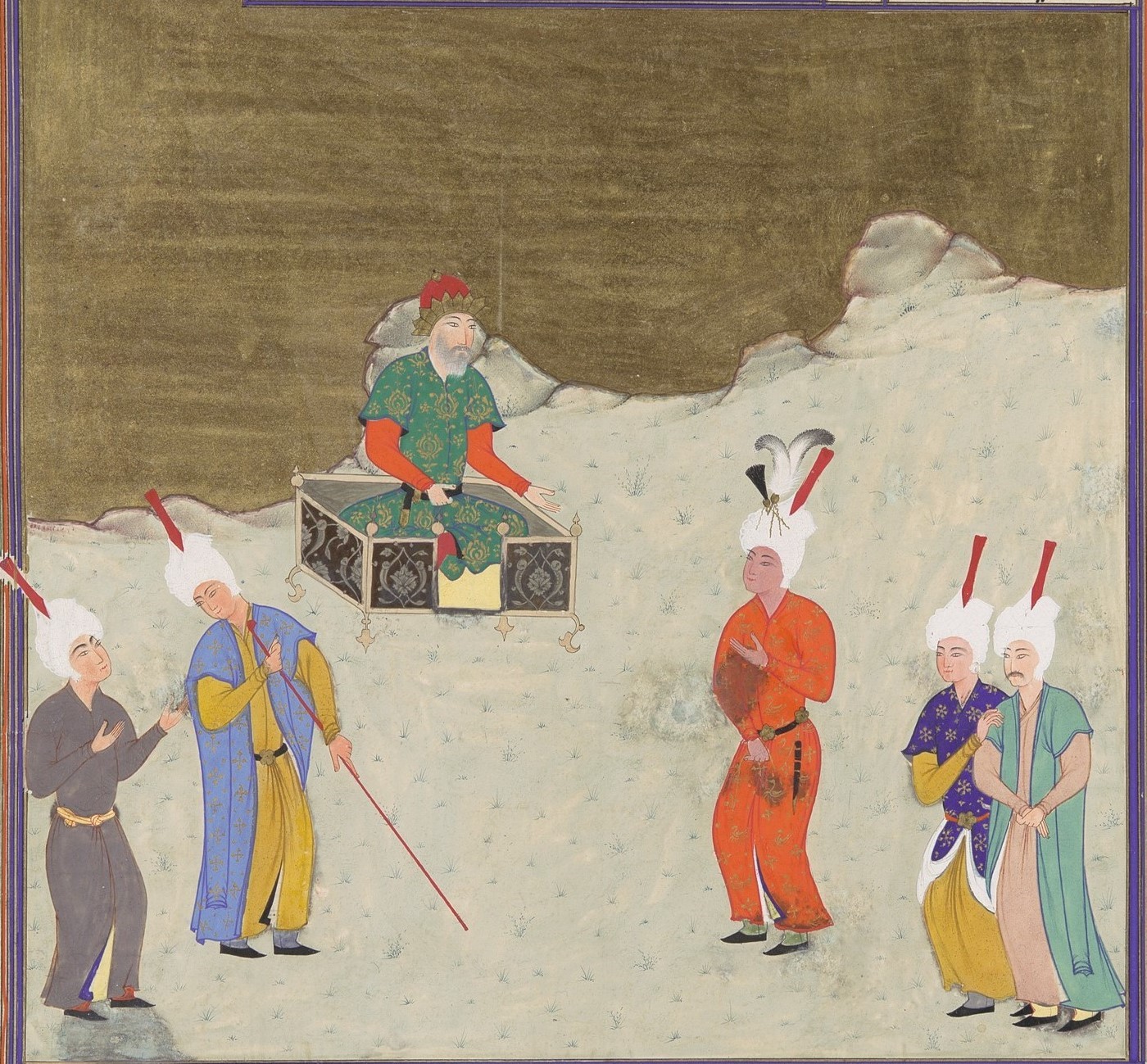JUNE 5, 2022 – (Cont.) As seconds became minutes, I felt tension within my indecision. The question before me was the most critical the alien could pose. Thus far in our conversation, the information and insights I’d provided were sorely inadequate or worse; at best, a mixed bag. Now I faced a renewed quandary in explaining humanity to an alien: a chance to elevate the human “brand” but with equal opportunity to fail at it miserably.
Complicating matters was the inconvenient fact that I was entering personally penitential territory. Staring me down was the memory of my grandfather’s stern reproof when I’d announced I’d quit (“For good!”) the violin, by which he’d made his livelihood and by which he’d stayed clear of the trenches in World War I. (“The violin saved my life,” he said, “and it could well save yours.” After all other attempts to motivate me failed, this became a central part of his argument.) Close behind was my parents’ grief over my rebellion against “the family’s music,” followed by the plaintive appeals by our family’s revered teacher, who begged me not to squander the musical opportunities that filled my life. As a conspiratorial ploy, grandpa, my parents, and the teacher told me I had “talent,” but I knew better: my sisters had all the talent and far more important, the drive, desire, and discipline. If ever there’d been a chance for redemption, I concluded as I refilled my glass with lemonade, here it was. If, to my elders’ sorrowful disappointment, I’d wasted opportunity, here now, I could achieve vindication by citing classical music as our “best stuff.”
I quickly realized, however, that first I’d need to lay major ground-work. I held off on Bach, Mozart, and Beethoven, Maria João Pires, Jascha Heifetz, Yo-Yo Ma, and the Saint Paul Chamber Orchestra, and with a mix of trepidation and enthusiasm, I entered the broader realm of “applied aesthetics.”
With renewed purpose, I broke my silence. “One central human trait is our innate ability to conceptualize beauty . . . This goes hand-in-hand with our aptitude for creating beautiful stuff—paintings and sculptures, songs and symphonies, gardens and buildings, ballet and poetry, and a host of other gorgeous wonders.
“Many humans are infatuated with beauty in nature,” I continued, “and equate nature with beauty, but I disagree. Beauty in nature’s arrangements exist solely by virtue of human perception of them as beautiful. Without this uniquely human discernment, nature’s sounds, lines, shapes, colors, lighting, compositions, tastes and smells have no point beyond a practical purpose; no meaning beyond pure randomness.
“From our perception of beauty as it occurs in nature, we found inspiration to mimic and manipulate beauty—we created art and developed sophisticated techniques to expand our creations into works that rivaled natural beauty.”
As I skated on the thin ice of aesthetics, I immediately recognized a large crack in my theory—and enthusiasm for redemption. If the alien itself had no sense of aesthetics, let alone appreciation for where I was ultimately headed—Western classical music—it would have no frame of reference for gauging humankind’s most impressive edifices. In such event, I might as well be speaking in tongues—and trying to explain what that’s all about without understanding it myself.
(Remember to subscribe to this blog and receive notifications of new posts by email.)
© 2022 by Eric Nilsson
